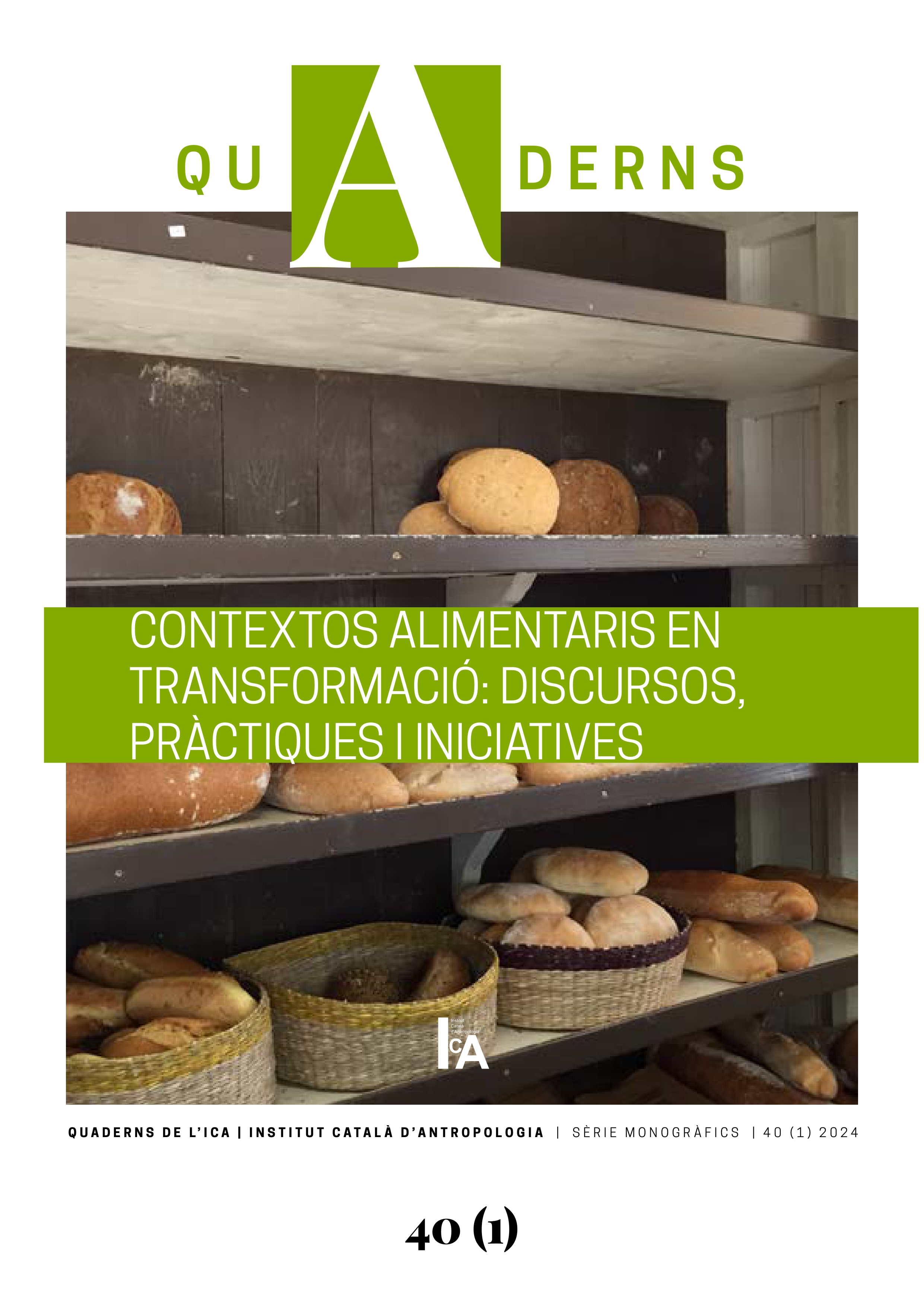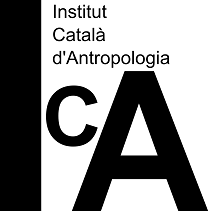In praise of “thick construction”
DOI:
https://doi.org/10.56247/qua.513Keywords:
Ethnography, theory, epistemology, thick description, BourdieuAbstract
Based on my book The Poverty of the Ethnography of
Poverty ([2023] 2025), I present a defense in favor of “thick
construction” as a rationalist approach that serves to frame
and carry out ethnography. Impregnated by Pierre Bourdieu’s sociological epistemology, I argue that dense construction is a “squared elevated construction”. That is, a scientific (analytical) construction of an ordinary (popular) construction.
Anchored in the concept of social space, dense construction aims to avoid the danger of ethnography: the tendency to want to describe, interpret and explain a phenomenon based solely on the elements discerned through field work. This allows us to avoid committing one or another of the five organic fallacies of participating observation: interactionism, inductivism, populism, presentism, and hermeneutic drift. In the article
I outline how dense description, substantiated theory,
extended case method, abductive theorization and dense
construction form a duet of theory and observation. Rejecting the false opposition between concept and perception, dense construction aims to build heuristics to manufacture new objects. From this approach, contrary to conventional visions, theory is not the altive teacher, but the humble servant of empirical research, as an approach to reality.
Downloads
Global Statistics ℹ️
|
344
Views
|
123
Downloads
|
|
467
Total
|
|
References
Auyero, J. i Swistun, D.A. (2009). Flammable: Environmental Suffering in an Argentine Shantytown. Oxford University Press. DOI: https://doi.org/10.1093/oso/9780195372946.001.0001
Bachelard, G. (1928). Essai sur la connaissance approchée. PUF.
Bourdieu, P. (1966). “Le sens de l’honneur.” In Esquisse d’une théorie de la pratique. Précédé de trois essais d’ethnologie kabyle. Droz.
Bourdieu, P. (1971). Reproduction culturelle et reproduction sociale. Social Science Information, 10(2), pp. 45-79. DOI: https://doi.org/10.1177/053901847101000203
Bourdieu, P. (1977). Algérie 60. Structures économiques et structures temporelles. Minuit.
Bourdieu, P. (1979). La Distinction. Critique sociale du jugement. Minuit.
Bourdieu, P. (1984). Espace social et genèse des “classes.” Actes de la recherche en sciences sociales, 52, pp. 3-14. DOI: https://doi.org/10.3406/arss.1984.3327
Bourdieu, P. (1988). L’Ontologie politique de Martin Heidegger. Minuit.
Bourdieu, P. (1989). La Noblesse d’État. Grandes écoles et esprit de corps. Minuit.
Bourdieu, P. (1990). Social Space and Symbolic Power. Sociological Theory, 7(1), pp. 14-25. DOI: https://doi.org/10.2307/202060
Bourdieu, P. (1999). La Miseria del Mundo. Fondo de Cultura Económica.
Bourdieu, P. (2000). Les Structures sociales de l’économie. Seuil.
Bourdieu, P. (2001). Bref impromptu sur Beethoven, artiste entrepreneur. Sociétés & représentations, 1(1), pp. 13-18. DOI: https://doi.org/10.3917/sr.011.0013
Bourdieu, P. (2013). Manet, une révolution symbolique. Cours au Collège de France (1998-2000) suivis d’un manuscrit inachevé de Pierre et Marie-Claire Bourdieu. Seuil et Raisons d’agir Édition.
Bourdieu, P. (2015). Sociologie générale, Volume 1: Cours au Collège de France 1981-1983. Seuil and Raisons d’agir Éditions.
Bourdieu, P. (2016). Sociologie générale, Volume 2: Cours au Collège de France 1984-1987. Seuil and Raisons d’agir Éditions.
Bourdieu, P., Chamboredon, J.C. i Passeron, J.C. (1968, 1973, 2022). Le Métier de sociologue: Préalables épistémologiques. Éditions de l’EHESS. DOI: https://doi.org/10.1515/9783112322062
Bourdieu, P. i Wacquant, L. (2014). Invitation à la sociologie réflexive, revised and expanded edition. Seuil.
Blumer, H. (1969). Symbolic Interactionism: Perspective and Method. University of California Press.
Burawoy, M. (2009). The Extended Case Method: Four Countries, Four Decades, Four Great Transformations, and One Theoretical Tradition. University of California Press. DOI: https://doi.org/10.1525/9780520943384
Brubaker, R. (1993). Social Theory as Habitus, A Calhoun, Craig, Edward LiPuma i Moishe Postone (eds.). Bourdieu: Critical Perspectives. University of Chicago Press. Pp. 212-234.
Durkheim, É. [1895] (1981). Les Règles de la méthode sociologique. PUF.
Garfinkel, H. (1966). Studies in Ethnomethodology. Prentice-Hall.
Geertz, C. (1972). Deep Play: Notes on the Balinese Cockfight. Daedalus, 101(1), pp. 1-37.
Geertz, C. (1973). Thick Description: Toward an Interpretive Theory of Culture. (Pp. 3-30). In The Interpretation of Cultures. Basic Books.
Geertz, C. (1974). “From the Native’s Point Of View”: On the Nature of Anthropological Understanding. Bulletin of the American Academy of Arts and Sciences, 28(1), pp. 26-45. DOI: https://doi.org/10.2307/3822971
Geertz, C. (1980). Negara: The Theatre State in Nineteenth-Century Bali. Princeton University Press. DOI: https://doi.org/10.1515/9781400843381
Goffman, E. (1961). Encounters: Two Studies in the Sociology of Interaction. Bobs-Merrill.
Gong, N. (2024). Sons, Daughters, and Sidewalk Psychotics: Mental Illness and Homelessness in Los Angeles. University of Chicago Press. DOI: https://doi.org/10.7208/chicago/9780226832234.001.0001
Glaser, B. G. i Strauss, A.L. (1967). The Discovery of Grounded Theory: Strategies for Qualitative Research. Aldine. DOI: https://doi.org/10.1097/00006199-196807000-00014
Ortner, Sh. B. (ed.). The Fate of Culture: Geertz and Beyond. University of California Press.
Parvez, Z. F. (2017). Politicizing Islam: The Islamic Revival in France and India. Oxford University Press. DOI: https://doi.org/10.1093/acprof:oso/9780190225247.001.0001
Prieur, A. (1998). Mema’s House, Mexico City: On Transvestites, Queens, and Machos. Chicago. University of Chicago Press. DOI: https://doi.org/10.7208/chicago/9780226682587.001.0001
Rheinberger, H-J. (2010). On Historicizing Epistemology: An Essay. Stanford. Stanford University Press.
Schutz, A. (1967). Phenomenology of the Social World. Northwestern University Press.
Swedberg, R. (2016). Can You Visualize Theory? On the Use of Visual Thinking in Theory Pictures, DOI: https://doi.org/10.1177/0735275116664380
Theorizing Diagrams, and Visual Sketches. Sociological Theory, 34(3), pp. 250-275.
Tavory, I. i Timmermans, S. (2014). Abductive Analysis: Theorizing Qualitative Research. University of Chicago Press. DOI: https://doi.org/10.7208/chicago/9780226180458.001.0001
Villarreal, A. (2024). The Two Faces of Fear: Violence and Inequality in the Mexican Metropolis. Oxford University Press. DOI: https://doi.org/10.1093/oso/9780197688007.001.0001
Wacquant, L. (2002). Scrutinizing the Street: Poverty, Morality, and the Pitfalls of Urban Ethnography. American Journal of Sociology, 107(6), pp. 1468-1532. DOI: https://doi.org/10.1086/340461
Wacquant, L. (2014). Homines in Extremis: What Fighting Scholars teach us about Habitus. Body & Society, 20(2), pp. 3-17. DOI: https://doi.org/10.1177/1357034X13501348
Wacquant, L. (2015). For a Sociology of Flesh and Blood. Qualitative Sociology, 38(1), pp. 1-11. DOI: https://doi.org/10.1007/s11133-014-9291-y
Wacquant, L. (2022). Body and Soul: Notebooks of an Apprentice Boxer. Expanded anniversary edition. Oxford University Press.
Wacquant, L. [2023] 2025. The Poverty of the Ethnography of Poverty. Oxford University Press.
Zonabend, F. (1994). De l’objet et de sa restitution en anthropologie. Gradhiva. Revue d’histoire et d’archives de l’anthropologie, 16(1), pp. 3-14. DOI: https://doi.org/10.3406/gradh.1994.1543
Downloads
Published
How to Cite
Issue
Section
License
Copyright (c) 2025 Quaderns de l'Institut Català d'Antropologia

This work is licensed under a Creative Commons Attribution-NonCommercial-ShareAlike 4.0 International License.
Distributed under the terms of the Creative Commons Attribution 4.0 International Use and Distribution License (CC BY-NC-SA 4.0)




